
Twenty one media outlets from nine countries in Latin America will benefit from US $2 million as part of the Google News Initiative (GNI) Innovation Challenge to improve operations, strengthen business models, create new products and more. “Innovating, essentially, is developing creative and transformative processes and exploring new approaches to change the way an organization […]
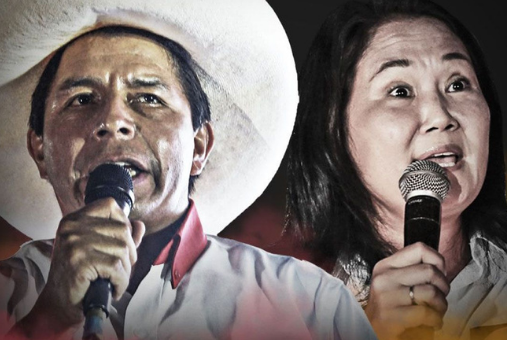
After the scandal and controversy unleashed by the dismissal and resignation of journalists from channels owned by Grupo La República and Grupo El Comercio due to disagreements over electoral coverage, came the decision of the Ethics Court of the Peruvian Press Council, which determined that the channels violated their guiding principles.
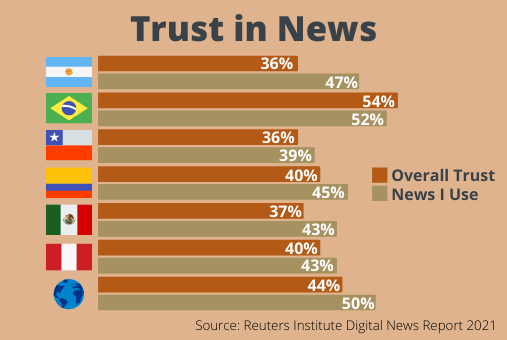
Globally, trust in the news grew six percentage points and reached 44 percent, according to the 2021 Digital News Report, by the Reuters Institute. In the six Latin American countries investigated, however, general trust in the news is lower, reaching an average of 40.5 percent. In the region, confidence is lowest in Argentina and Chile (36%) and highest in Brazil (54%).
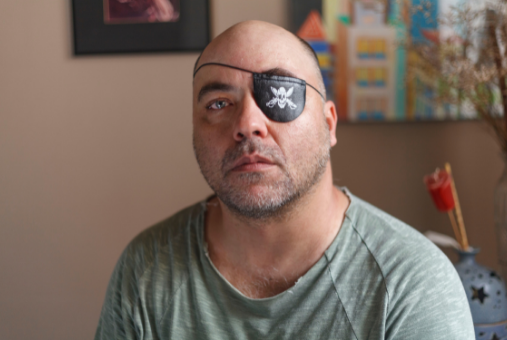
A decision by the Supreme Court of Brazil recognized the right to compensation in the case of a photojournalist who was blinded after being hit by a rubber bullet 21 years ago. The sentence potentially opens the door for other journalists who have been injured in similar situations and are fighting for their rights to be recognized.

The recent resignation of a group of journalists claiming a violation of the Guiding Principles of their media outlet, as well as the subsequent dismissal of two producers from the América TV and Canal N channels has caused a scandal in which even the press council’s Ethics Court is involved.

After nine years in her position, Colombian journalist Clara Elvira Ospina was fired as journalistic director of América TV and Canal N, two of the most important television outlets in Peru, which also belong to Grupo La República and Grupo El Comercio, the latter being the majority shareholder. Ospina's dismissal occurred just a month before the second round of the presidential elections, in an extremely polarizing contest.
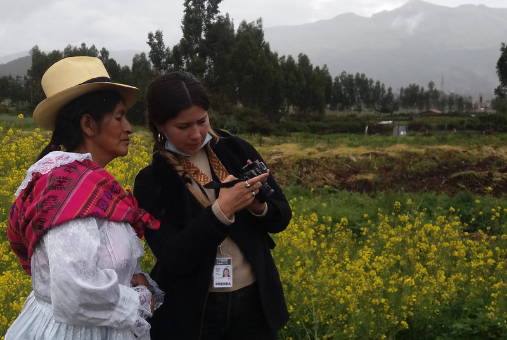
Three freelance women journalists talked to LatAm Journalism Review (LJR) about working during the pandemic and the changes the health crisis has brought alongside the current news industry revolution.
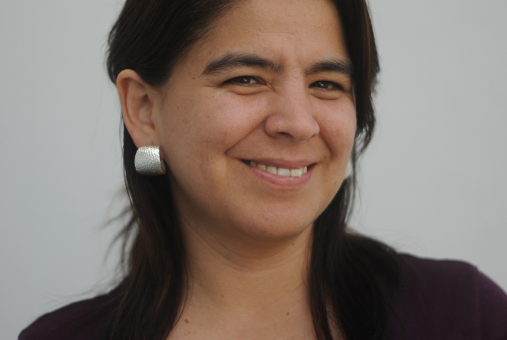
After receiving two death threats on social media in the last six months, Peruvian investigative journalist Paola Ugaz recently learned that the public prosecutor will not open an investigation in either case.
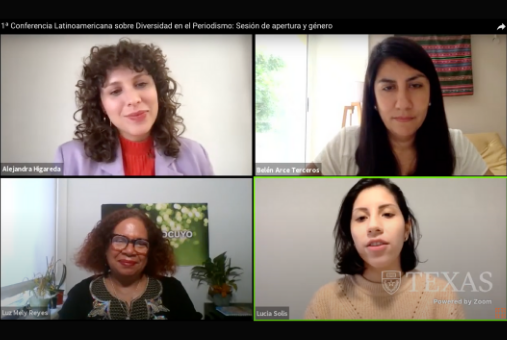
"The world is told through the eyes of man and that will never be objective," said journalist Lucia Solis Reymer, in a panel on gender at the First Latin American Conference on Diversity in Journalism, held completely online from March 26 to 27, 2021.
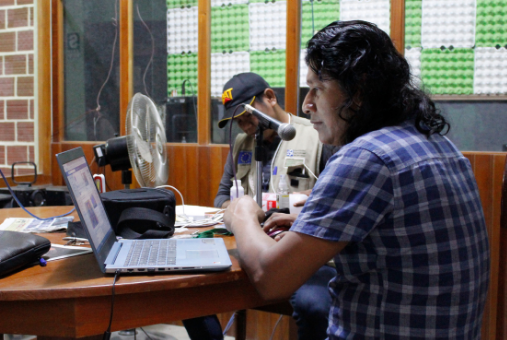
Despite the fact that community stations stopped broadcasting in this pandemic, Radio Ucamara, at 98.7 FM, continued with its mission of revitalizing and recovering the Kukama language and culture.